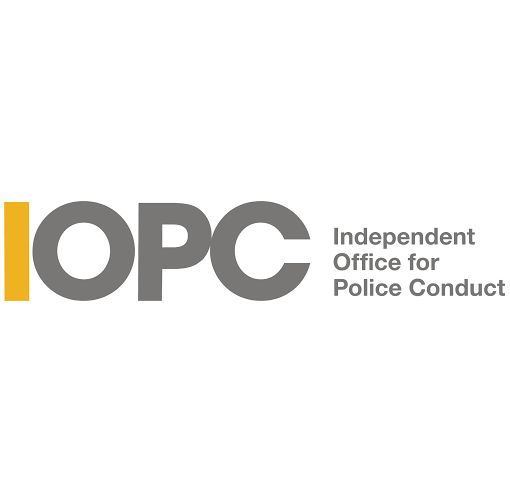IOPC Inquiry Hears About Effect Of Long Investigations
A FORMAL inquiry into the Independent Office For Police Conduct (IOPC) has heard evidence about the detrimental effect of lengthy disciplinary investigations on police officers and their families.
The Police Federation of England and Wales has submitted evidence to the Home Affairs Select Committee, which is due to investigate public trust and confidence in the complaints system in the coming weeks.
The PFEW’s evidence includes hard-hitting case studies graphically illustrating how drawn out investigations can ruin the lives of police officers.
One case study included in the evidence is personal testimony from Adrian Daly, a Met firearms officer who was falsely accused of assault. He waited nearly three years to clear his name in a case full of errors, and PFEW took evidence from his wife to demonstrate the devastating impact such cases can have on loved ones.
The PFEW evidence forms part of a Parliamentary investigation into the IOPC’s handling of complaints and is based on material gathered during the Federation’s ‘Time Limits’ campaign. The year-long campaign highlighted the urgent need for investigations to be concluded within 12 months from the time an allegation is made.
PFEW Conduct and Performance Lead Phill Matthews said: “We appreciate this opportunity to share the stark findings we gathered as part of our ‘Time Limits’ campaign with the Home Affairs Select Committee.
“Protracted disciplinary investigations have ruined the careers of multiple colleagues, left a mark on their mental health, and placed pressure on their home lives and loved ones. It is clear the effects are devastating.
“It is pleasing to see more accountability within the IOPC and Forces as they are now required to provide an explanation to Police and Crime Commissioners when investigations take longer than a year.
“These measures simply do not go far enough and have no teeth, and PFEW will be asking the Committee to consider the idea of moving towards a system where breaching the time limits has consequences on the ability to proceed.
“We are encouraged the IOPC has admitted to us there is room for improvement and is keen to work with us rather than against us. This hasn’t always been the case.
“However, the issue of investigations rumbling on for more than a year still continues, and enough is enough.”
